After a period of implementing the Land Law, according to some opinions, there are still many barriers and difficulties in the process of implementing new regulations.
Many barriers need to be removed for the Land Law to come into effect.
After a period of implementing the Land Law, according to some opinions, there are still many barriers and difficulties in the process of implementing new regulations.
The 2024 Land Law is expected to improve land management and use in Vietnam, contributing to promoting socio-economic development and protecting the legitimate rights of people.
However, after a period of implementation, there are still many barriers and difficulties in the process of implementing the new regulations. These problems not only stem from the lack of synchronization between legal documents, but also from the enforcement mechanism, management capacity and local practices.
Slow issuance of implementation guidance documents
Although the Government and ministries have made efforts to develop documents guiding implementation, many provisions of the Land Law have not been fully implemented.
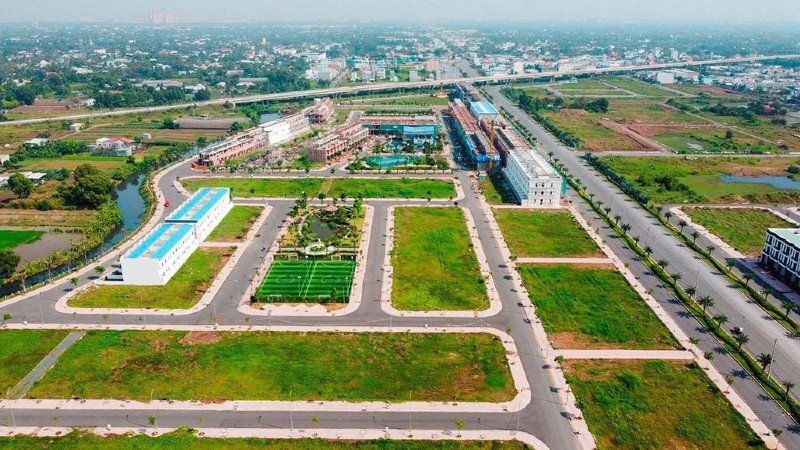 |
| Land price is one of the important factors affecting the development of the real estate market and investment projects. However, the current mechanism for determining land prices still has many shortcomings, easily leading to disputes between parties in land transactions. |
To date, only about 59/63 provinces and cities have issued detailed guidance documents, while decrees and circulars of ministries and branches are still in the process of being completed. This causes difficulties for localities in implementing the Law, affecting the process of resolving issues related to land use rights, compensation, resettlement support and issuance of Land Use Right Certificates (red books).
One of the major problems in implementing the revised Land Law is the identification and recognition of people's land use rights. Procedures for granting Land Use Right Certificates (red books) still face many difficulties due to overlapping regulations and lack of synchronization between management levels. Furthermore, the application of land use planning in localities is still loose, causing waste of land resources and slow progress in project implementation.
According to Mr. Nguyen Van Dinh, Vice President of the Vietnam Real Estate Association (VnREA), the issuance of red books is still facing many difficulties, many projects do not have complete and clear legal documents, leading to difficulties for people in land transactions.
Mr. Dinh proposed that it is necessary to complete the national land database and synchronize the land information system between localities to minimize administrative procedures. At the same time, state management agencies need to create specific instructions and simplify the process of granting land use right certificates, creating favorable conditions for people and businesses.
Another problem pointed out by many experts and managers is the difficulty in clearing land for development projects. Dr. Nguyen Minh Phong, an economic expert, commented that land clearance is a difficult problem because it involves complex issues such as compensation, resettlement and people's consensus.
This is one of the factors that can slow down the progress of infrastructure development projects. Many large projects are stalled because they cannot agree on a reasonable compensation price with the people.
According to Mr. Phong, to solve this problem, it is necessary to build a transparent and fair compensation mechanism, at the same time step up propaganda and mobilization work so that people understand and agree with the land acquisition policy. Along with that, it is necessary to build resettlement areas with full infrastructure to ensure that people can stabilize their lives immediately after their land is acquired.
Problems with land price mechanism
Land price is one of the important factors affecting the development of the real estate market and investment projects. However, the current mechanism for determining land prices is still very inadequate, easily leading to disputes between parties in land transactions.
Ms. Le Thi Thanh Ha, Director of the Department of Natural Resources and Environment of Ho Chi Minh City, shared that land prices in different areas often change, and unclear pricing factors make people and investors feel uneasy.
Ms. Ha believes that there needs to be a stable and transparent land price mechanism. Publicizing information on land prices, updating them regularly and putting them into a common data system will help reduce land price inflation and increase transparency in transactions. Along with that, there needs to be preferential policies for social real estate projects, especially housing for low-income people.
In Hanoi, according to the admission of the leaders of the Department of Natural Resources and Environment, in some places, the land price list is lower than the market price, not enough to offset the costs and investment resources to create land funds (including site clearance costs, infrastructure investment...).
To overcome the situation of Land Price List being lower than market price, the People's Committees of districts, towns and cities have regulated price steps and multiple rounds of auction (with mandatory number of rounds) to ensure that the starting price of the next round is close to the market price.
However, the Land Law and the Property Auction Law have not yet fully regulated contents such as low deposits (equal to 20% of the starting price); there are no regulations prohibiting the act of colluding to raise prices or "inflating" prices, leading to the situation where auction participants bid higher than the market price to win the auction, then do not pay the winning bid (give up the deposit) or do not continue to bid in the next round, causing the auction to fail and causing market price chaos.
The current auction of land use rights for individuals to build their own houses does not have regulations requiring the completion of house construction within a certain period of time, leading to the situation of not putting land into use, leaving land fallow, causing difficulties in planning management, losing urban beauty and wasting land resources.
Some districts, towns and cities are still under pressure to collect budget revenue from land use rights auctions to meet capital needs for socio-economic development, so they still organize auctions to allocate land to individuals to build houses.
In addition to problems with administrative procedures and land prices, monitoring and inspecting land use also faces many difficulties. Mr. Nguyen Trong Hoai, Deputy Director of the Department of Land Management (Ministry of Natural Resources and Environment), said that localities currently lack effective monitoring mechanisms, leading to land waste, abandoned land, or misuse.
Mr. Hoai said that it is necessary to have a strict, transparent and fair monitoring mechanism to ensure the proper and effective use of land.
Land management agencies also need to apply information technology in land data management, thereby helping to monitor and inspect land use projects more effectively.
Some businesses, when asked, said that one of the major barriers to real estate and infrastructure development projects is the delay in legal procedures and site clearance. Many projects have stalled, especially housing projects, due to administrative procedures and lack of consensus on compensation and resettlement.
To effectively implement the 2024 Land Law, according to some experts, authorities need to make more efforts to resolve the above difficulties.
Specifically, it is necessary to increase the issuance of detailed guidance documents and organize training courses for officials at all levels on new regulations in the revised Land Law. This will help localities grasp information and effectively implement legal regulations.
Complete the land database, ensure consistency and accuracy. Applying information technology in land management will help save time, costs and limit errors in management.
Issue clearer and more detailed legal documents on methods of determining land prices and compensation when reclaiming land. Authorities also need to strengthen monitoring and inspection of land use.
It is thought that only when these solutions are implemented synchronously and drastically, the 2024 Land Law can maximize its effectiveness, creating favorable conditions for the country's development.
Source: https://baodautu.vn/batdongsan/nhieu-rao-can-can-duoc-go-de-luat-dat-dai-di-vao-cuoc-song-d237876.html


![[Photo] Closing of the 4th Summit of the Partnership for Green Growth and the Global Goals](https://vstatic.vietnam.vn/vietnam/resource/IMAGE/2025/4/17/c0a0df9852c84e58be0a8b939189c85a)
![[Photo] National Assembly Chairman Tran Thanh Man meets with outstanding workers in the oil and gas industry](https://vstatic.vietnam.vn/vietnam/resource/IMAGE/2025/4/17/1d0de4026b75434ab34279624db7ee4a)
![[Photo] Promoting friendship, solidarity and cooperation between the armies and people of the two countries](https://vstatic.vietnam.vn/vietnam/resource/IMAGE/2025/4/17/0c4d087864f14092aed77252590b6bae)

![[Photo] Nhan Dan Newspaper announces the project "Love Vietnam so much"](https://vstatic.vietnam.vn/vietnam/resource/IMAGE/2025/4/17/362f882012d3432783fc92fab1b3e980)
![[Photo] General Secretary To Lam receives French Ambassador to Vietnam Olivier Brochet](https://vstatic.vietnam.vn/vietnam/resource/IMAGE/2025/4/17/49224f0f12e84b66a73b17eb251f7278)


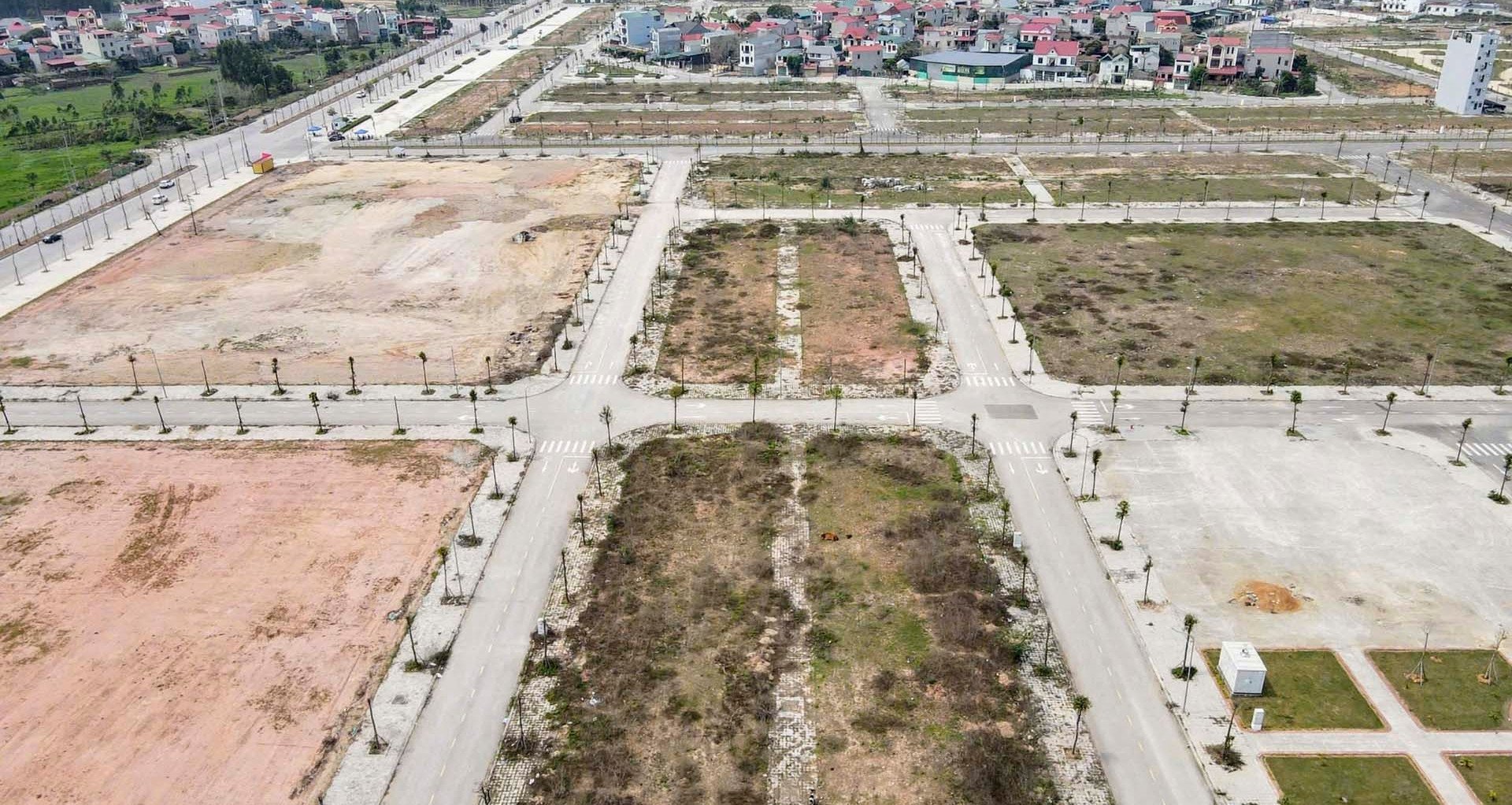

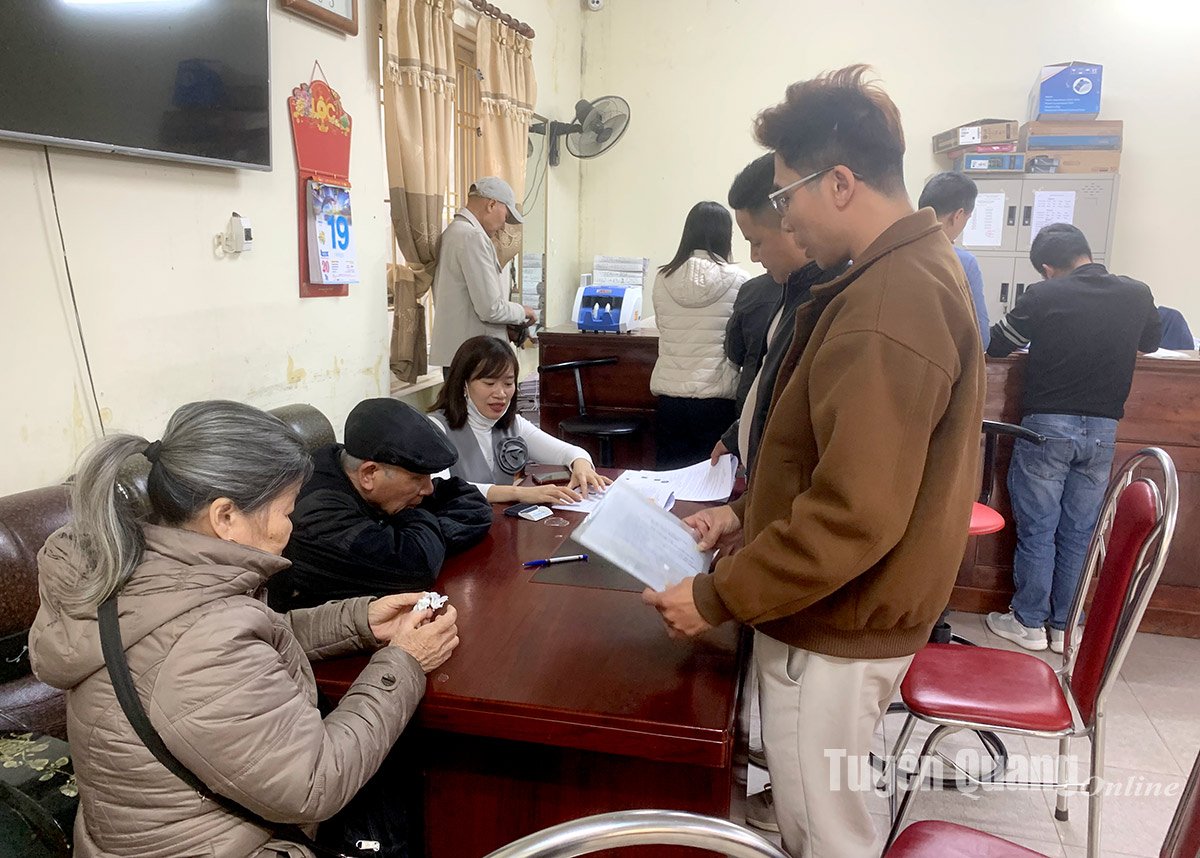



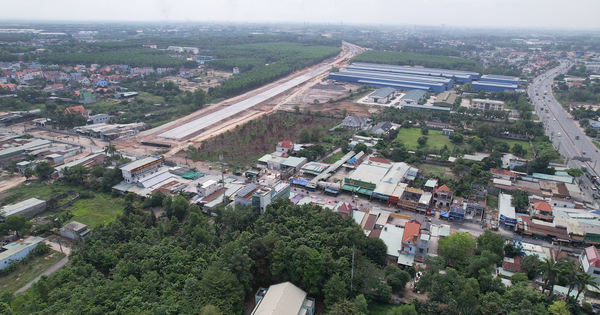
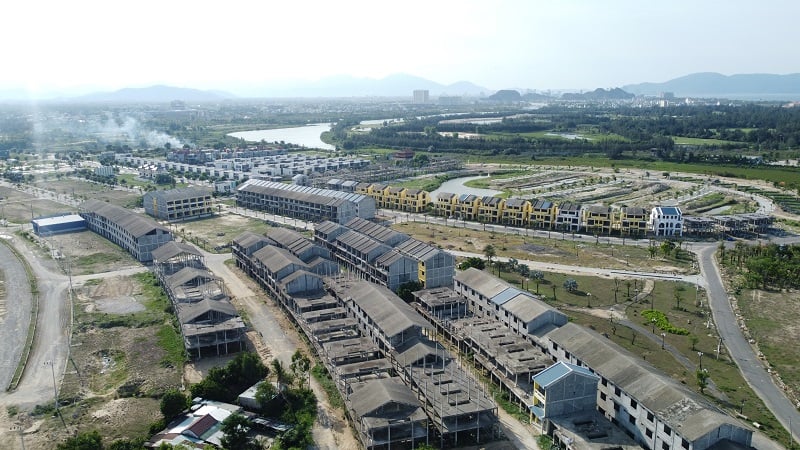


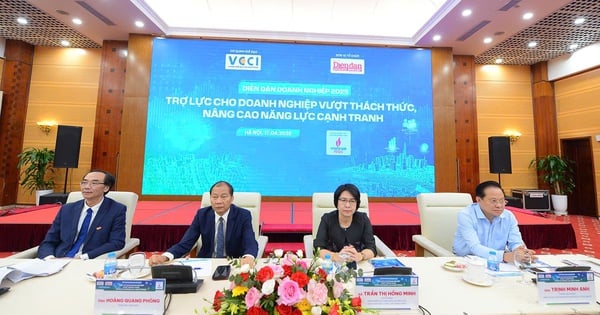













![[Photo] Welcoming ceremony for Chinese Defense Minister and delegation for friendship exchange](https://vstatic.vietnam.vn/vietnam/resource/IMAGE/2025/4/17/fadd533046594e5cacbb28de4c4d5655)

























![[Video] Viettel officially puts into operation the largest submarine optical cable line in Vietnam](https://vstatic.vietnam.vn/vietnam/resource/IMAGE/2025/4/17/f19008c6010c4a538cc422cb791ca0a1)























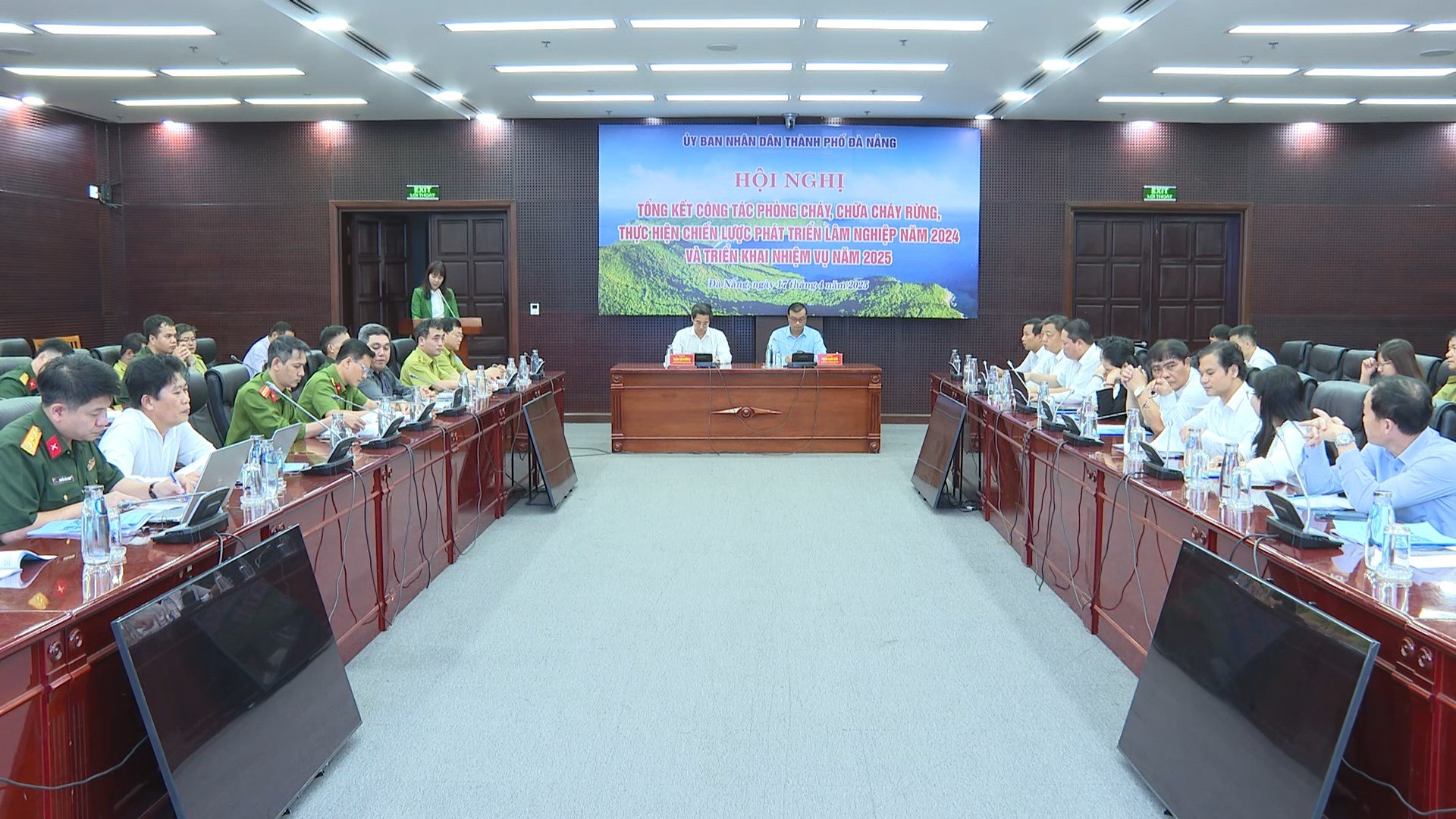













Comment (0)